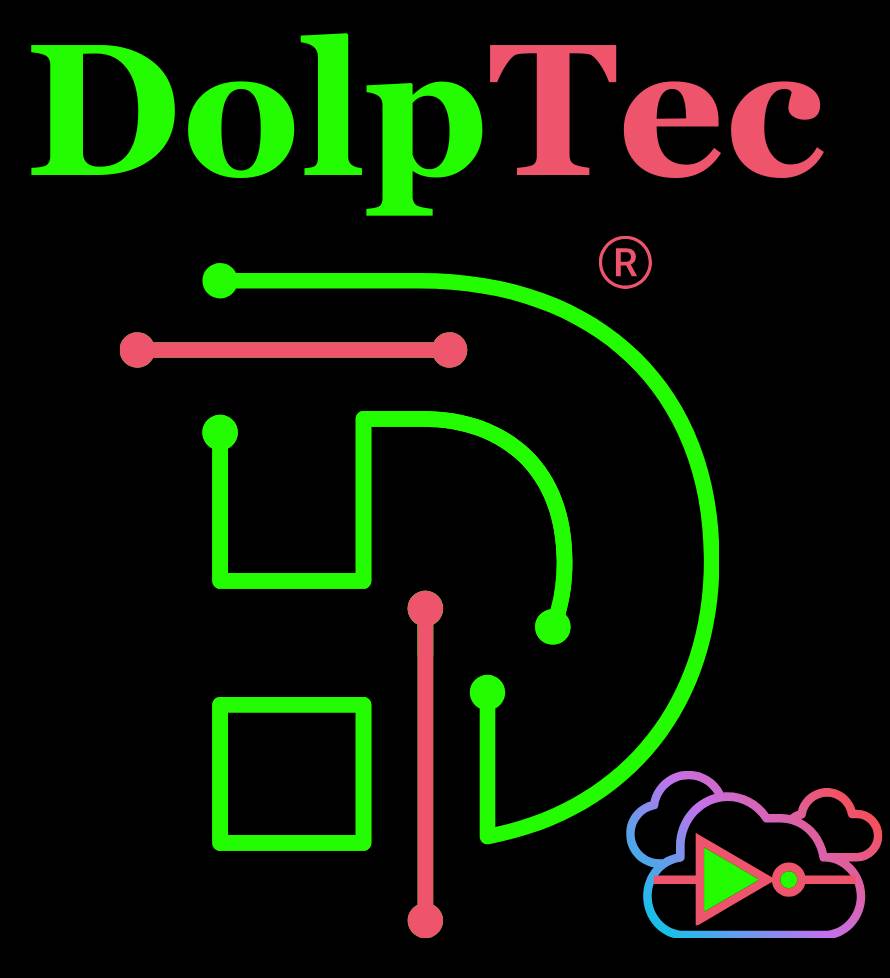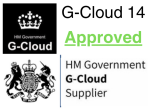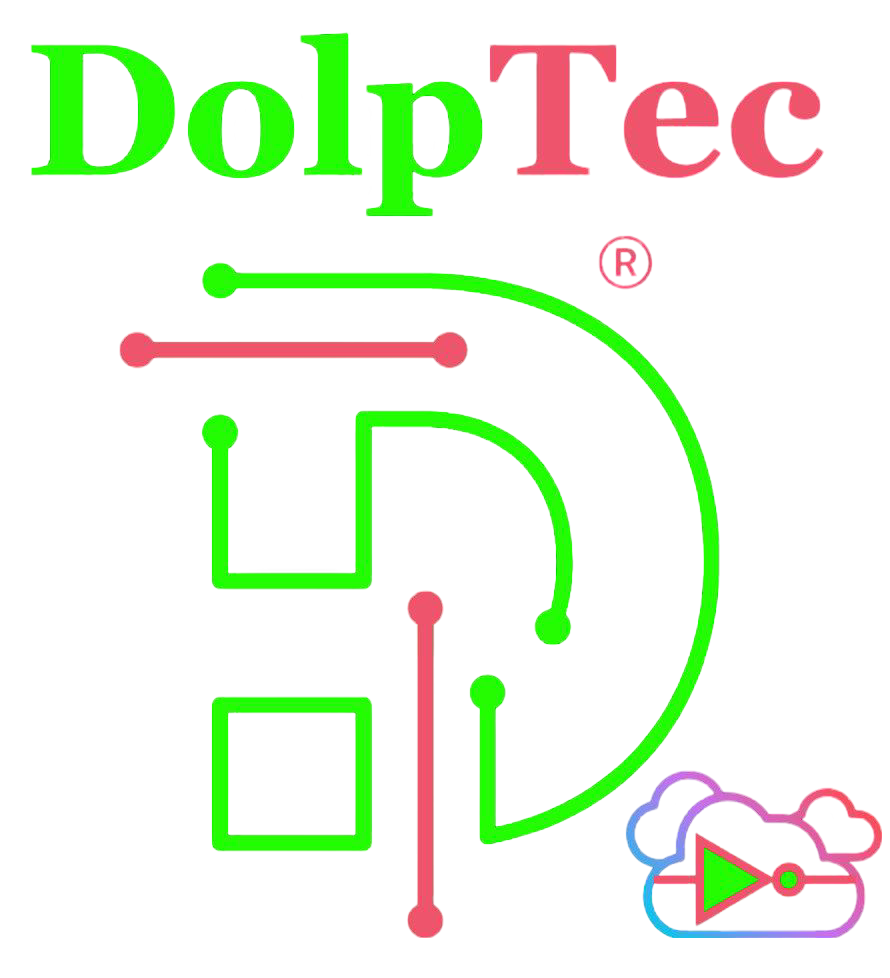
Health technology is not only transforming patient care but also revolutionizing healthcare supply chain management. Data-driven approaches like AI, machine learning (ML), and the Internet of Things (IoT) are optimizing the procurement, distribution, and tracking of medical supplies. These technologies enable better demand forecasting, real-time inventory tracking, and improved decision-making, ensuring timely delivery and reducing waste. Blockchain further enhances security and traceability in the pharmaceutical supply chain. By integrating these innovations, healthcare organizations can create more efficient, responsive supply chains that improve both operational efficiency and patient outcomes.
Efficient supply chain management in healthcare is crucial for ensuring timely delivery of medical supplies and pharmaceuticals. Data-driven approaches utilizing AI, machine learning (ML), Internet of Things (IoT), and blockchain are transforming the healthcare supply chain, improving efficiency and patient outcomes.
Key Data-Driven Approaches
- Predictive Analytics for Demand Forecasting
Using historical data and trends, predictive models forecast demand for supplies, ensuring better stock management and avoiding shortages. - Real-Time Inventory Tracking with IoT & RFID
IoT-enabled systems and RFID technology track medical supplies and equipment in real-time, reducing misplacement and improving resource utilization. - Machine Learning for Stock Optimization
ML algorithms analyze past usage data to recommend optimal stock levels, preventing overstocking and wastage. - Blockchain for Transparency
Blockchain ensures traceability and security of pharmaceutical products, preventing counterfeiting and fraud. - Automated Procurement Systems
AI-driven procurement systems automate ordering based on demand forecasts, streamlining the process and reducing human error. - Supplier Relationship Management
Data analytics helps assess supplier performance, improving supplier reliability and cost management.
Favourable Results
- Cost Reduction: Optimized inventory management reduces waste and storage costs.
- Improved Patient Care: Ensures timely availability of critical supplies.
- Efficiency: Automation and real-time insights streamline operations and reduce manual errors.
- Risk Mitigation: Proactive data monitoring helps address disruptions before they impact care.
Areas for Improvement
- Data Integration: Unified cloud platforms can aggregate data from multiple sources for better decision-making.
- Data Security: Adopting strong encryption and privacy protocols ensures data protection.
- Technology Adoption: Pilot programs and training can ease the transition to new systems.
Data-driven approaches are revolutionizing healthcare supply chain management, enhancing efficiency, reducing costs, and improving patient care. By leveraging technologies like predictive analytics, IoT, ML, and blockchain, healthcare providers can create smarter, more responsive supply chains.






